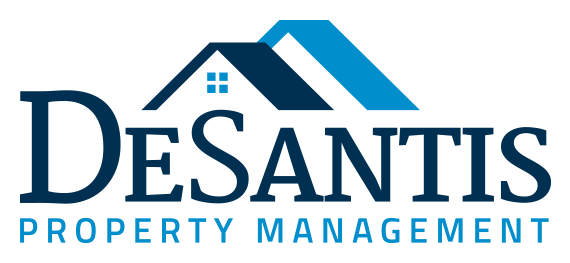Maintenance Tips for Your Rental Properties
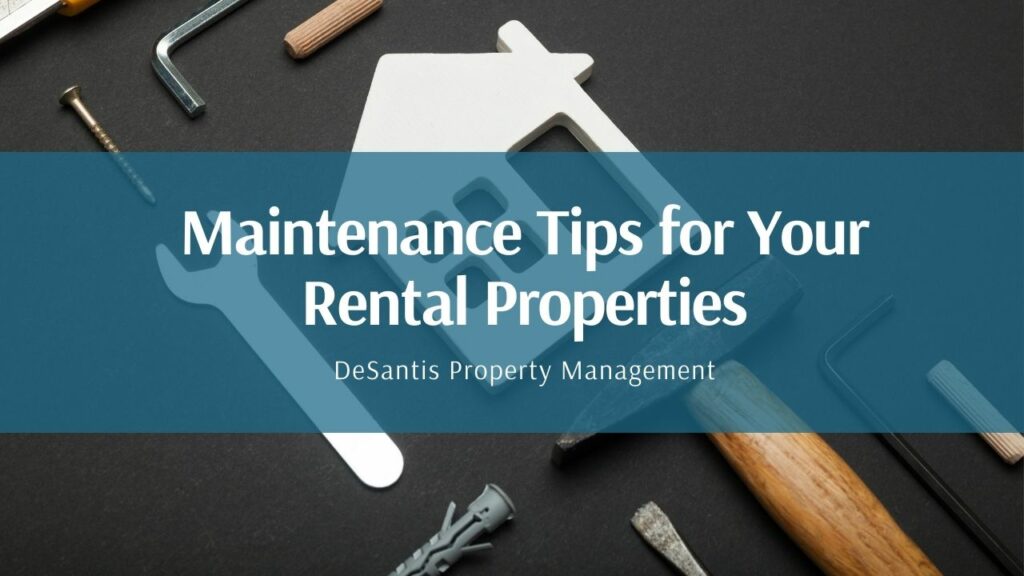
Every rental property requires regular maintenance. It’s common knowledge that a well-kept property attracts and retains tenants. As a result, having good and timely responses to maintenance complaints and requests will help you reduce property vacancies while also preserving and protecting the state of your property.
As a landlord, you should constantly ensure that your property is well maintained. This will significantly improve your relationship with your tenants. Maintaining the property in its best shape is critical if you want your investment to function smoothly. The following are some tips to help you maintain your property.
Establish a Baseline for Your Property’s Condition
Document the condition of everything in your property before a new tenant moves in. Take photos or video, and make a move-in checklist to ensure you don’t forget anything.
This proof can help you avoid damage disputes and offer proof if you need to withhold a portion of the security deposit if the damage exceeds typical wear and tear. By assessing the state of your property upon the tenant moving in, you’re also able to set a standard for the tenant to maintain during the tenancy.
Wear and tear are inevitable when running a rental property business, these damages can come in the form of a worn-out carpet, small scrapes on the floor, or appliances that have been worn down from frequent use. Holes in the wall, a broken window, or damage caused by pets, on the other hand, are examples of excessive damage.
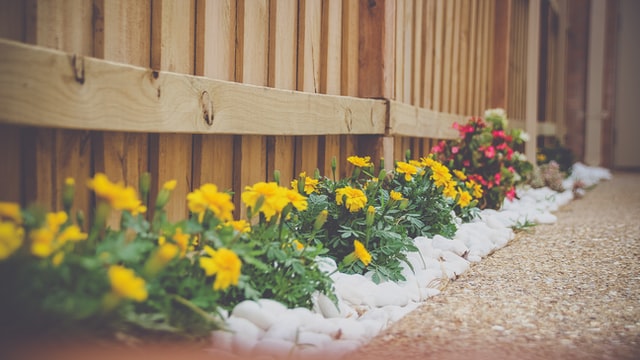
Maintain a Simple Landscape Design
When it comes to renting out properties, curb appeal is crucial. It’s the first impression your rental home will make on potential tenants. Even if your tenants claim to enjoy gardening, it’s good to keep your rental property’s landscaping as low-maintenance as possible. You won’t have to remind your renter to mow the lawn, and you won’t have to do it yourself.
Consider building or extending a patio or adding native plants. While it will initially cost more, you will most likely save time and money in the long term.
Conduct Inspections and Preventative Maintenance
Regular inspections will guarantee that you are always aware of the state of your property. These inspections also contribute to the property’s long-term viability. Here are things to look for during a property inspection:
- Appliances – Make sure that all of the appliances are in working order. If any of these stops working, make sure you replace or fix them.
- Building’s condition – Examine the state of the furnishings, the floors and walls, the doors and windows, the handrails, and the stairs lifts thoroughly. Also be on the lookout for sanitation and health issues such as pests, mold, clogged drains, poor plumbing, and leaks.
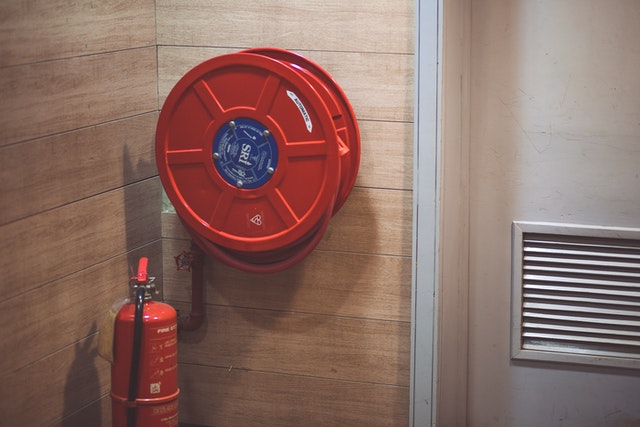
- Safety checks – Ensure that escape routes are accessible, that power and water sources are operational, and that smoke detectors and alarms are in good order.
- HVAC system – It’s essential to check that the HVAC system is working correctly from time to time. Ensure the air ducts are clean, that the belts and bearings are in good working order, that the air filters are replaced, and that any standing water is removed.
You can catch minor issues before they become costly by sticking to a preventative maintenance routine. Include a section in your lease requiring your tenant to notify you of any difficulties as soon as possible and consider scheduling regular inspections.
You can also focus on some areas periodically, such as inspecting the gutters in the spring or making sure windows and doors are weatherized in preparation for the winter.
Detail the Landlord and Renter’s Responsibilities
A clear and comprehensive rental agreement is the foundation of a strong maintenance strategy. It demonstrates to your tenants that you care about their tenancy, which may enhance their incentive to take care of your home and rent it long-term.
In most cases, your renter is liable for essential repairs and upkeep. More significant improvements and difficulties, such as plumbing, heating, and electrical, are the responsibility of landlords. You’ll also be in charge of ensuring proper maintenance of the property’s appearance and preparing it for new tenants.
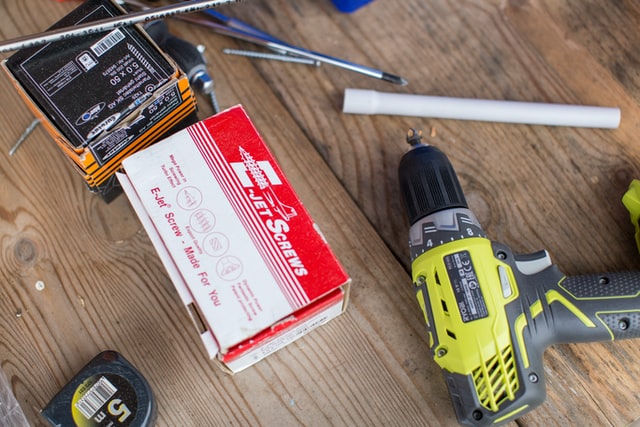
Ensure to develop emergency procedures so that your tenants know how to contact you and when they may expect a response. Stock your rental with extra light bulbs and air filters for new renters.
Tenant Responsibilities
Most landlords are unaware that tenants also have some maintenance responsibilities that they are to meet. Here are some general legal responsibilities that bind each tenant:
- The unit should be free from sanitary hazards – Each tenant should know where and how to dispose of their garbage and recycling. When it piles up, garbage and trash attract rodents and other pests and present health and safety issues.
- No safety hazards on the premises – As a landlord, you are required to provide emergency exits to a rental property. The tenant should ensure that these exists are accessible at all times, for instance not blocking a backdoor.
- Adherence to housing codes – The tenant should ensure that they comply with the building code and property law. For example, the tenant should not house people in a studio apartment or one-bedroomed apartment who are not included in the lease. This increases the rate of wear and tear and also the cost of utilities.
- The issue of mold growth – Mold grows in areas that hold excessive moisture. Tenants should ensure that they open windows, turn on the humidifier, or perform any other measure that will prevent mold growth. They should inform the landlord upon detecting signs of mold on the property.
Bottom Line
As a landlord, you need to ensure that you have standard and emergency maintenance and inspection plans in place to protect your property and tenants. Drafting a solid lease agreement is another way to protect yourself, the tenant, and your investment. If you would like help managing your rentals, contact the experts at DeSantis Property Management today!
We are a family-owned and run company with extensive property management experience in Pittsburgh and the surrounding areas. We can help you with lease and maintaining your property in addition to screening tenants, marketing your rentals, and more!
